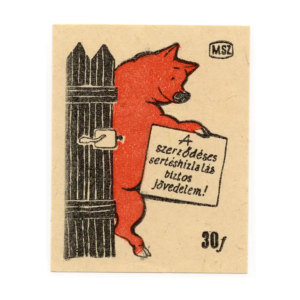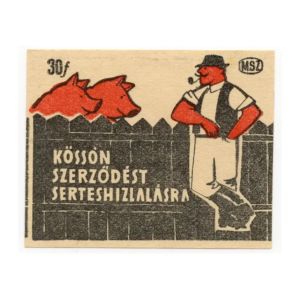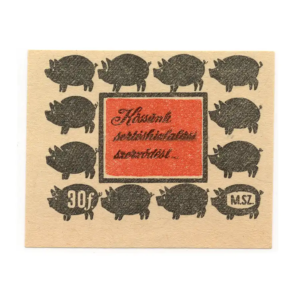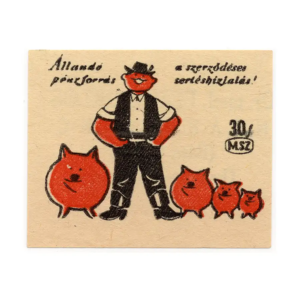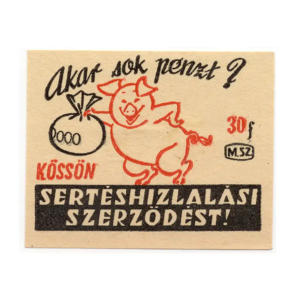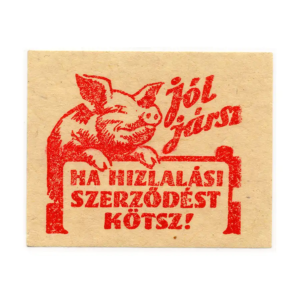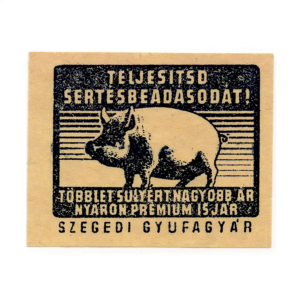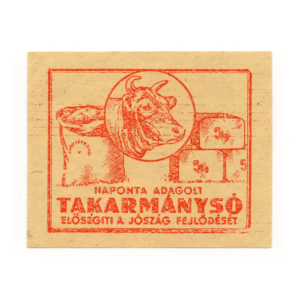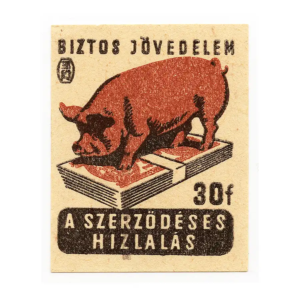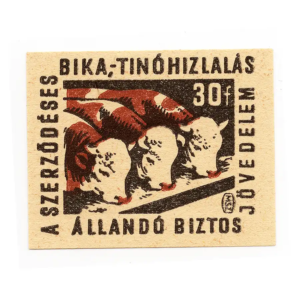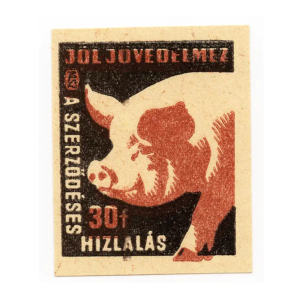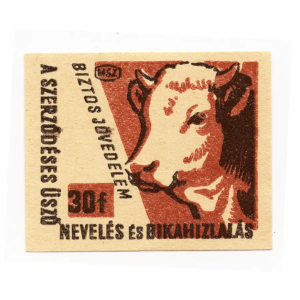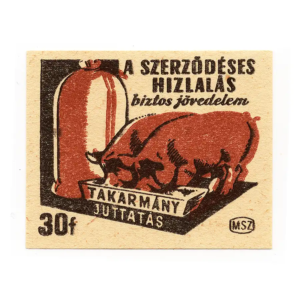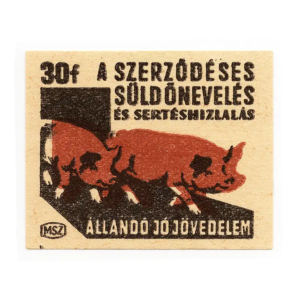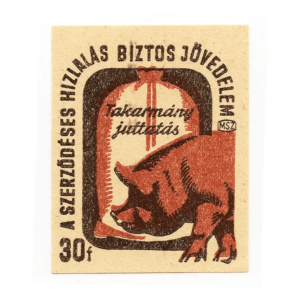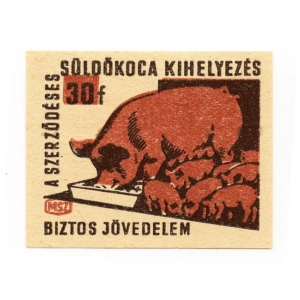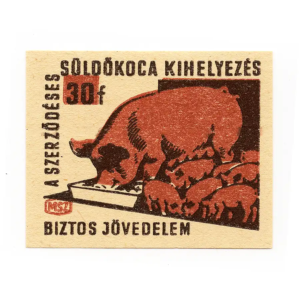Refine the gallery view by selecting the tag below:
During Hungary’s Soviet era, farming underwent significant changes under socialist policies. Agricultural cooperatives became the backbone of rural life, replacing traditional family farming with collective systems. These cooperatives pooled resources like land, equipment, and labor, aiming to increase efficiency and align with state production goals.
A unique aspect of this era was the contracts of farrowing sows, where farmers were incentivized to rear pigs for the state. These contracts outlined quotas for piglets to be raised and supplied, ensuring a steady meat supply for Hungary and export markets.
While cooperatives provided modern machinery and financial stability, they also led to the loss of individual land ownership. However, many farmers found ways to maintain small private plots, supplementing their income and preserving traditional methods. Farming in Soviet Hungary reflected the balance between state control and rural resilience, shaping the nation’s agricultural landscape.
